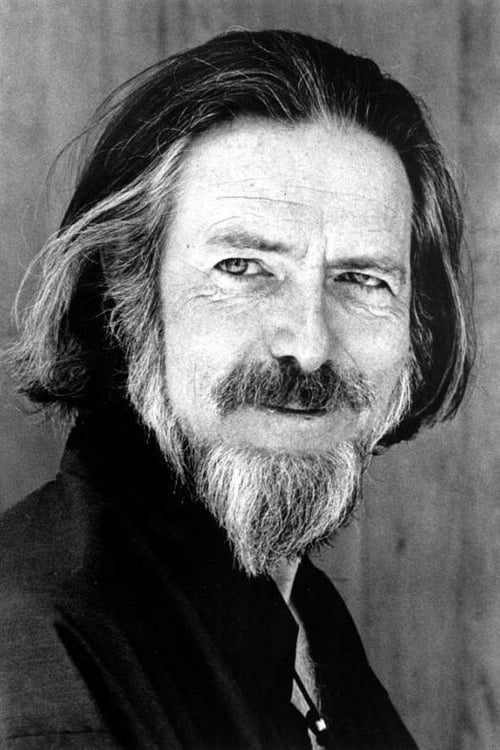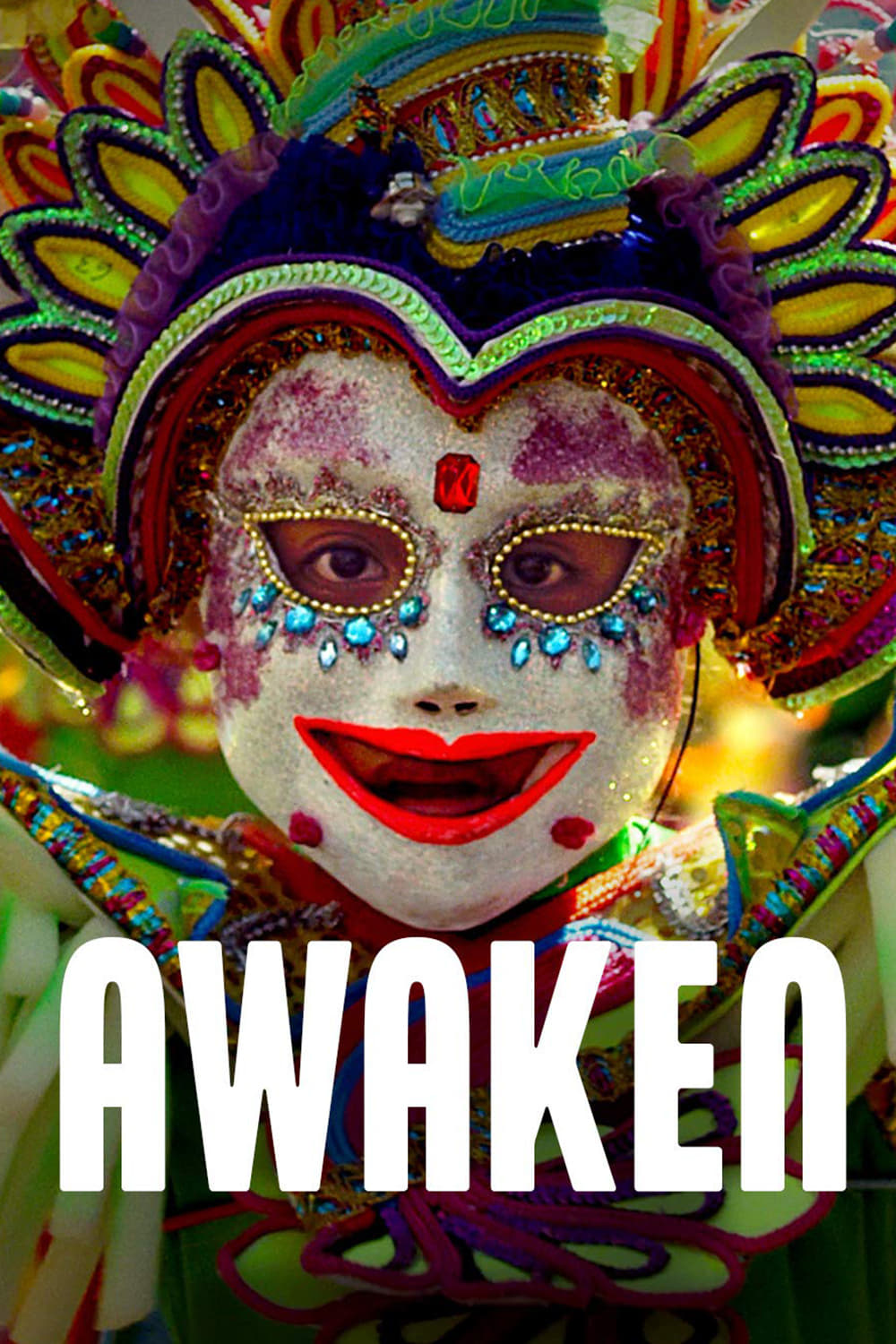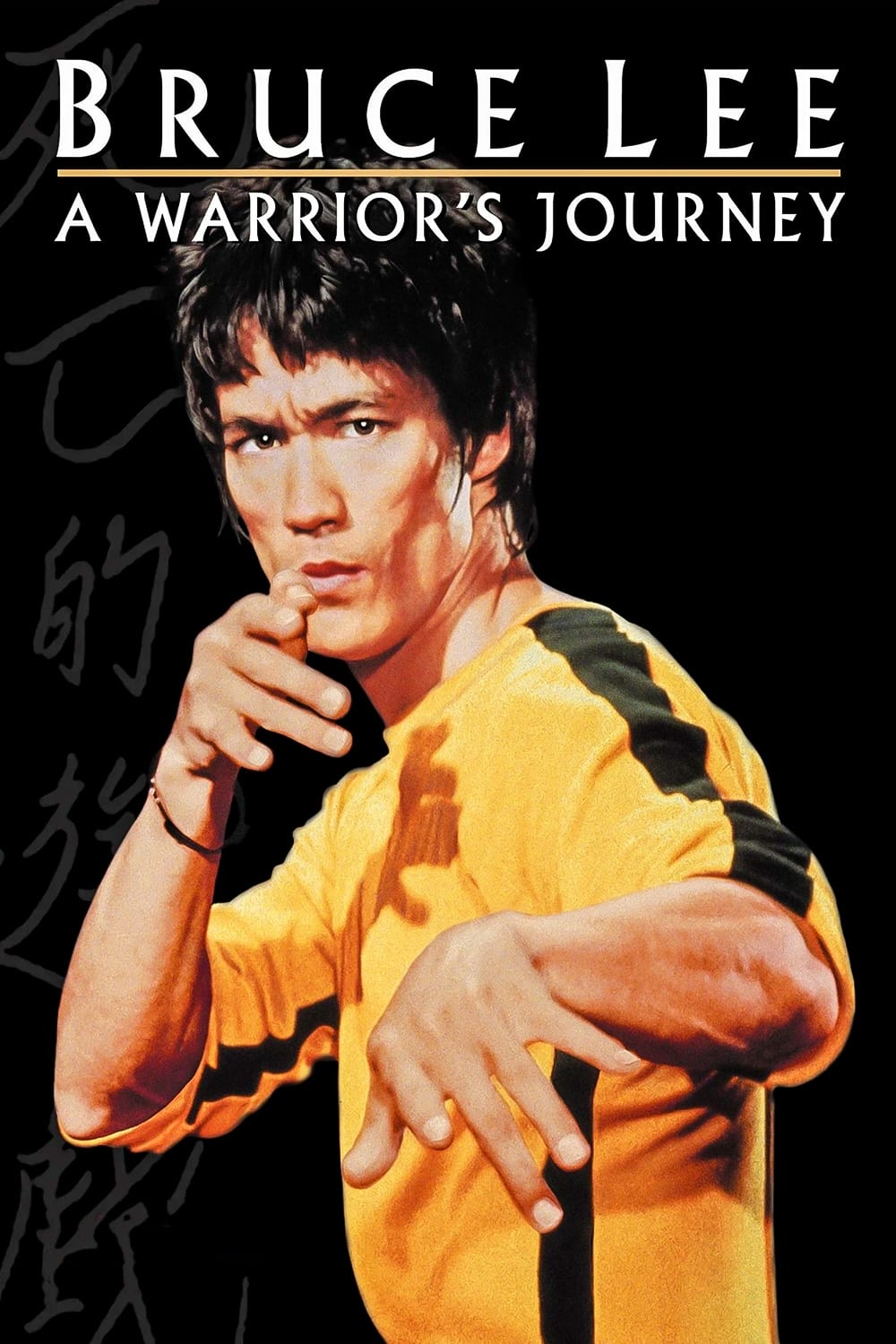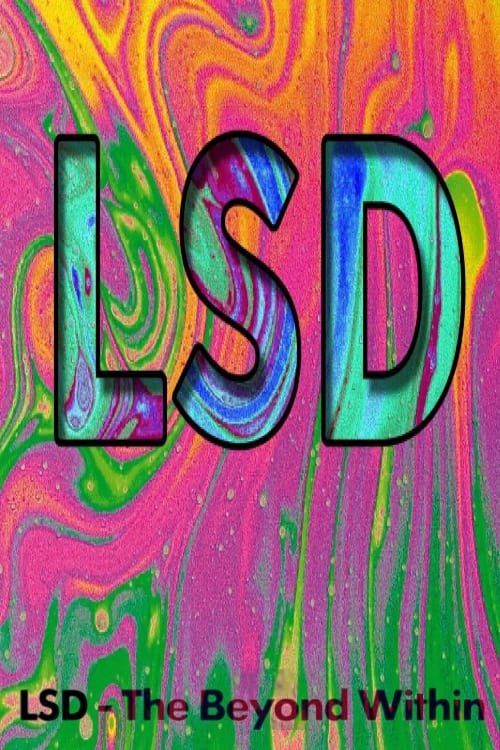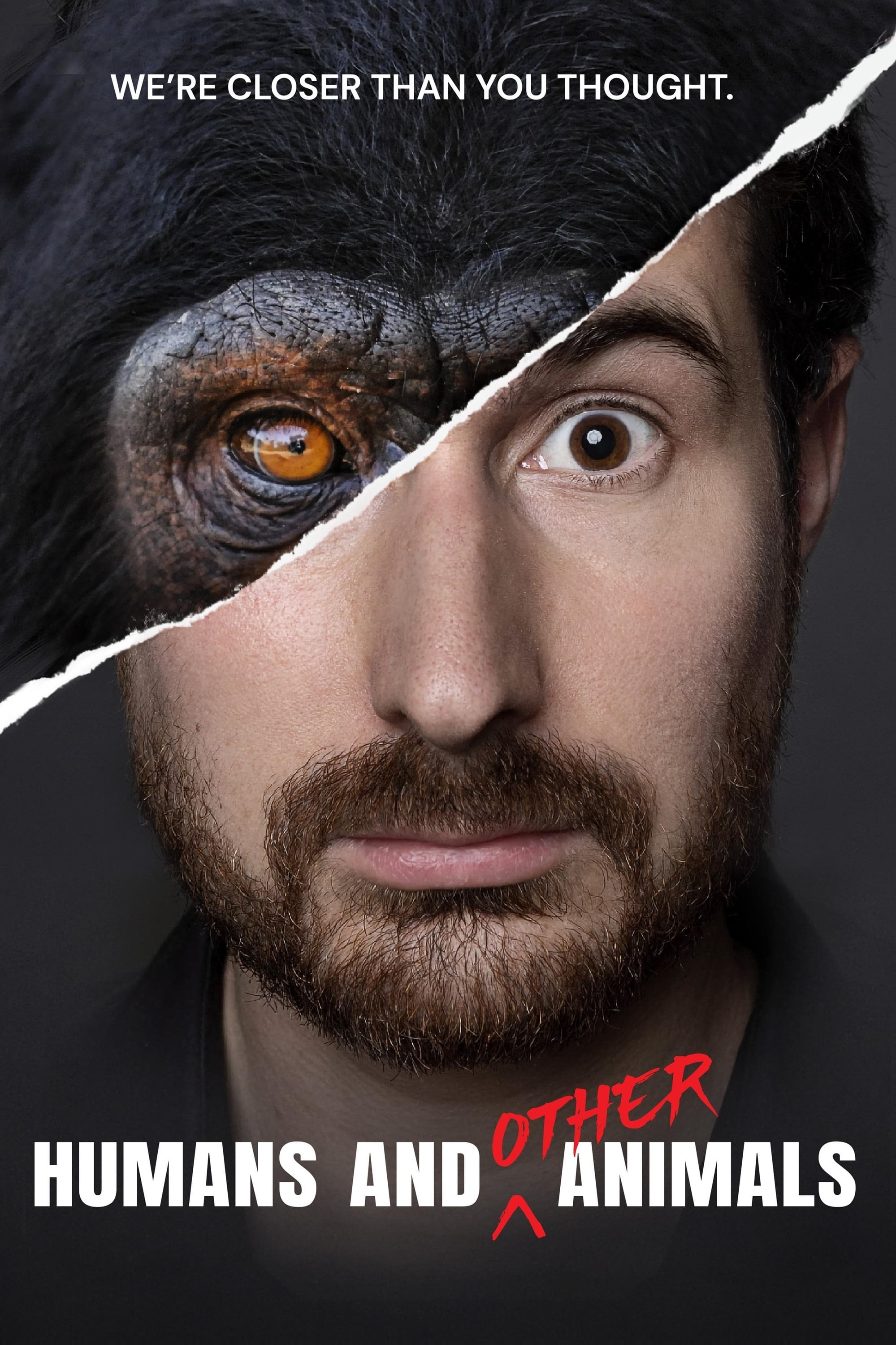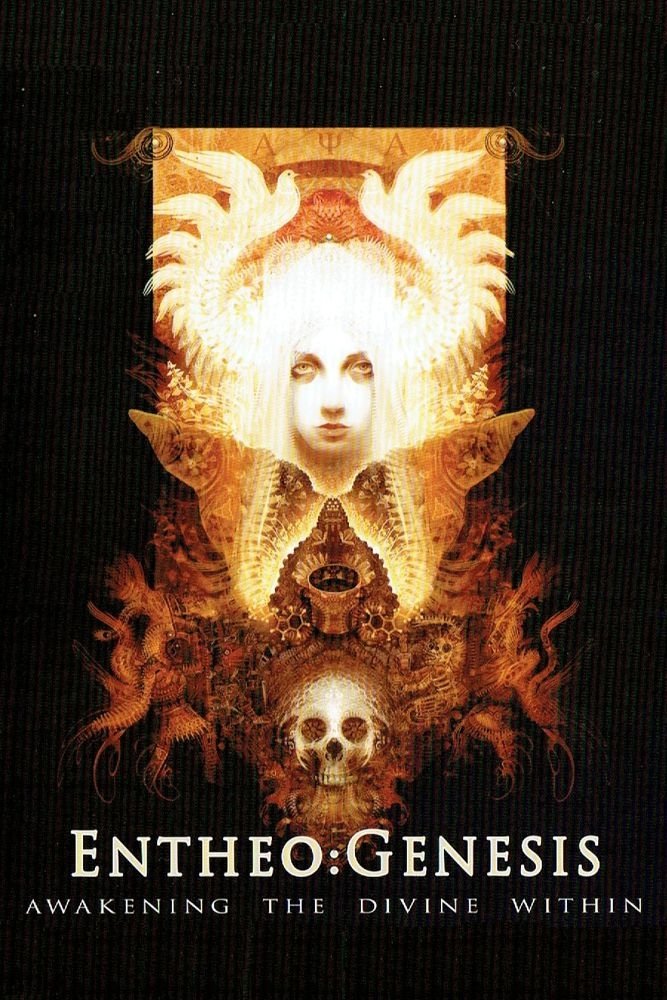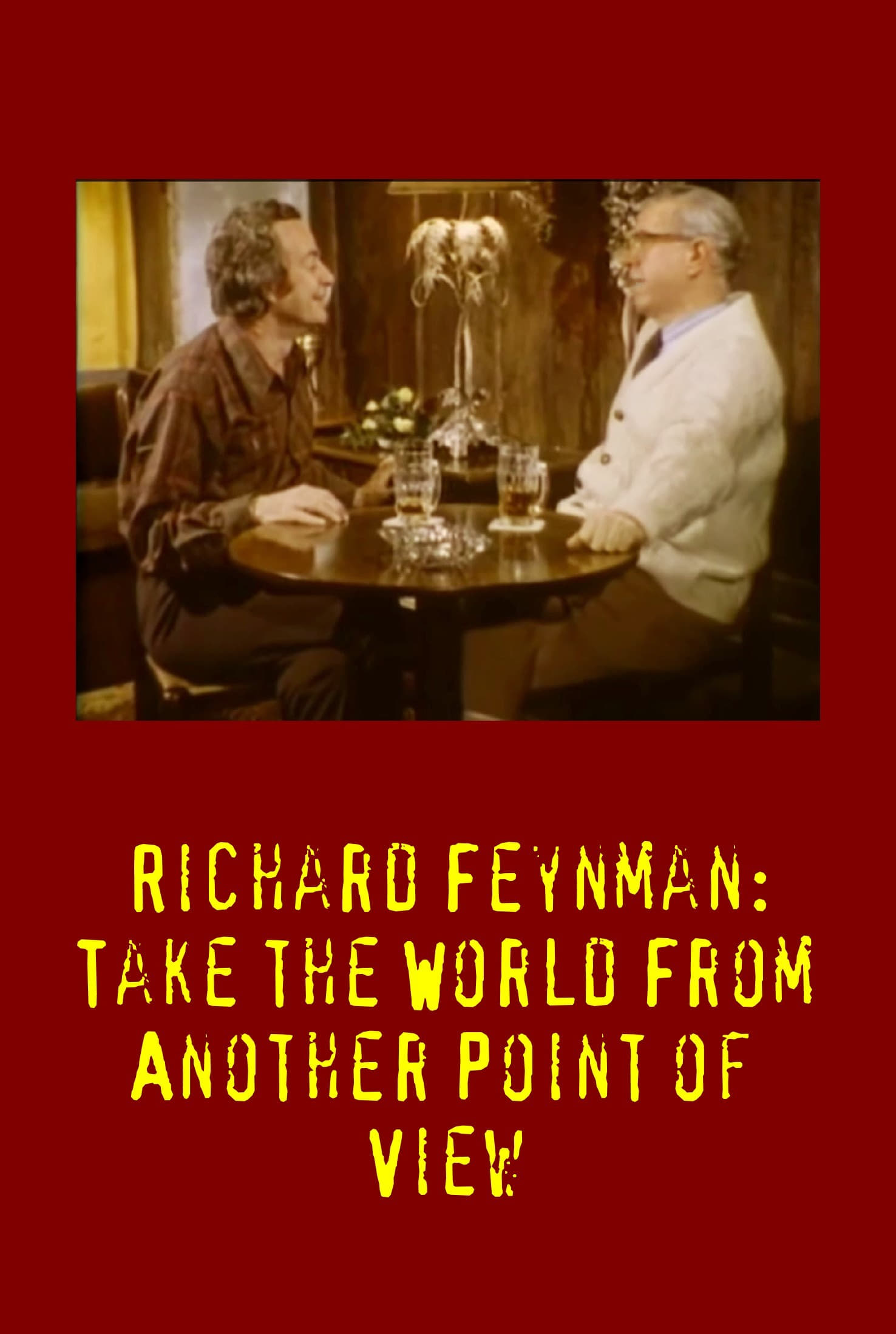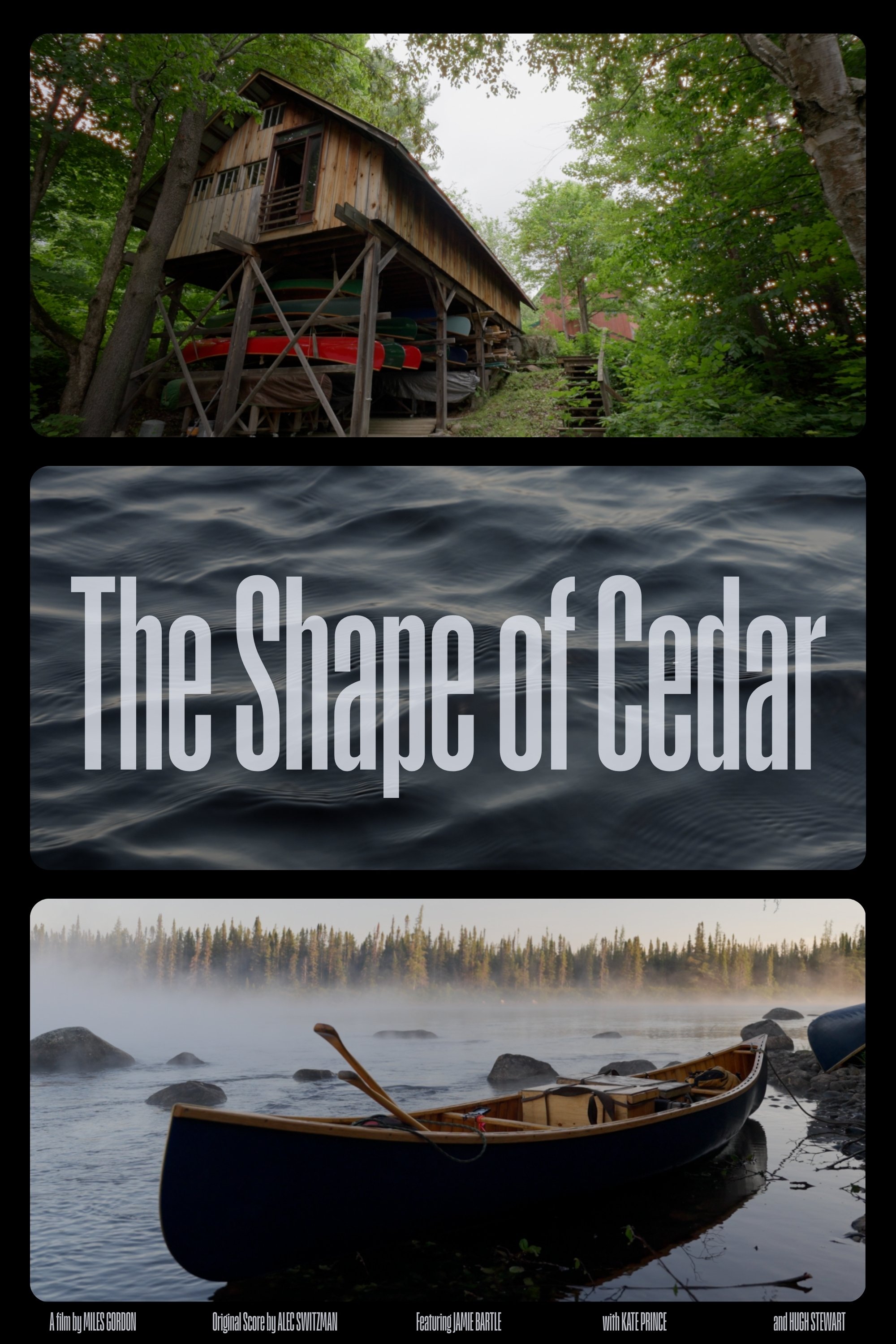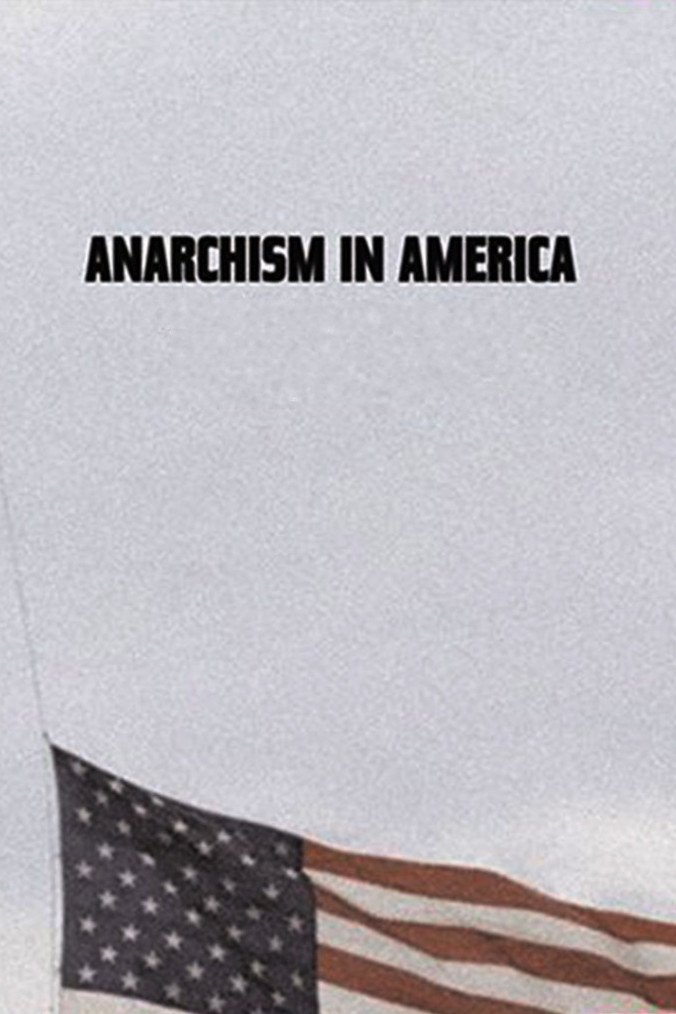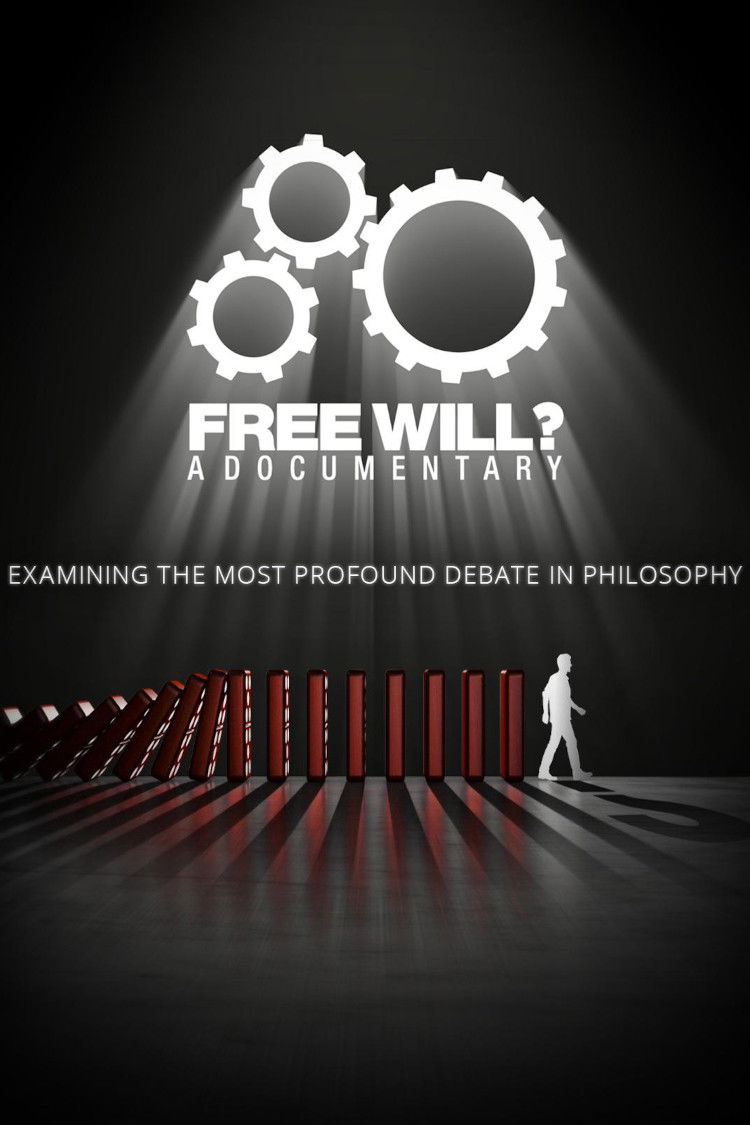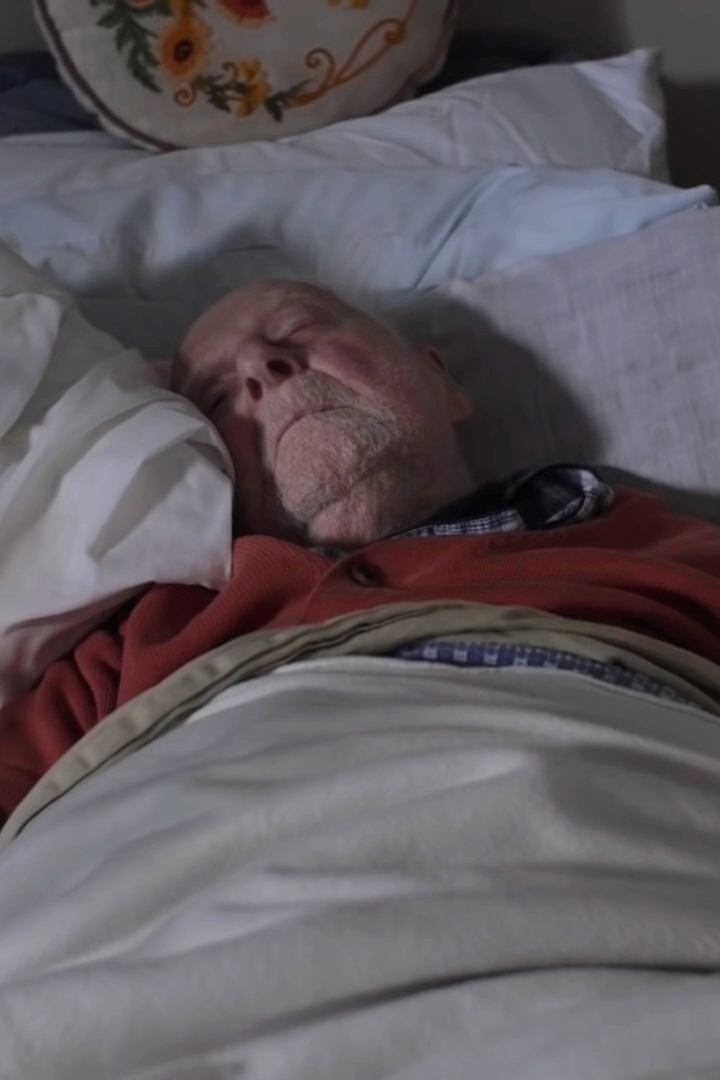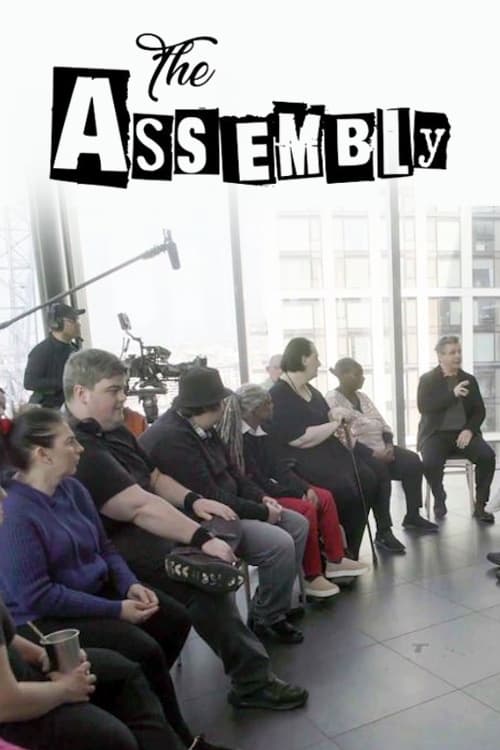
Work as Play
Watch Movie
Share
Work as Play
1973
0h 23m
0.0(0 votes)
Documentary
Overview
Alan Watts discusses the Western dichotomy of work and play, and explains that when you take the play out of work life becomes joyless drudgery.
Links & Resources
Social & External
Production Companies
Cast & Crew
1 member
Acting
Alan Watts
Himself
